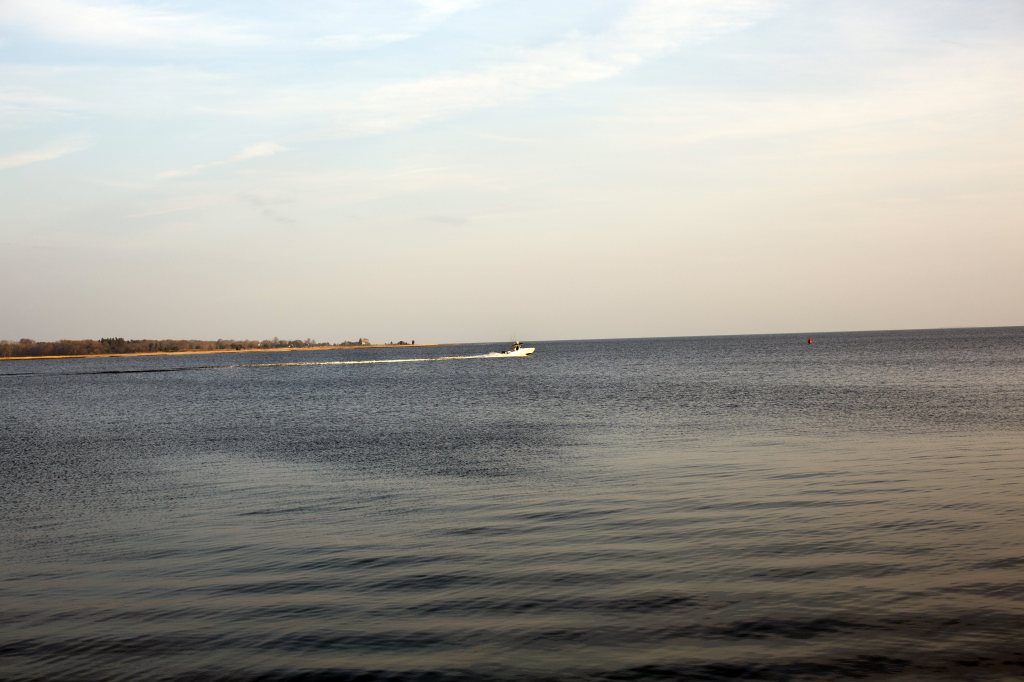Infection
Second person dies from infection contracted in CT waters
A second person has died from complications of a bacterial infection contracted while swimming in Connecticut waters, the Department of Public Health confirmed Tuesday.
Three cases of Virbrio vulnificus infections have been reported to DPH since July. Two patients reportedly contracted the virus by swimming in salt or brackish water along Long Island Sound. Those patients were between 60 and 80 years old who had both existing wounds and new wounds sustained while swimming, DPH said.
A third person contracted the infection from eating raw or undercooked seafood at an out-of-state establishment.
All three were hospitalized, DPH said.
According to the CDC, infections of the Vibrio vulnificus can lead to necrotizing fasciitis, “a severe infection in which the flesh around an open wound dies. Some media reports call this kind of infection ‘flesh-eating bacteria.’”
DPH put out a warning in late July advising people to protect against the virus, which can be contracted by swimming in salt or brackish water with an open wound or by eating raw or undercooked seafood.
“People should consider the potential risk of consuming raw oysters and exposure to salt or brackish water and take appropriate precautions,” DPH Commissioner Manisha Juthani, MD, said in July. “Particularly during the hottest months of the summer, bacteria are more likely to overgrow and contaminate raw shellfish. Given our current heat wave, this may be a time to exercise particular caution in what you consume.”
To avoid infection, DPH offered the following guidelines:
- Don’t eat raw or undercooked oysters or other shellfish.
- If you have a wound (including from a recent surgery, piercing, or tattoo), stay out of saltwater or brackish water, if possible. This includes wading at the beach.
- Cover your wound with a waterproof bandage if it could come into contact with saltwater, brackish water, marine life, or raw or undercooked seafood and its juices. This contact can happen during everyday activities, such as swimming, fishing, or walking on the beach.
- Wash wounds and cuts thoroughly with soap and water after they have contact with saltwater, brackish water, marine life, raw seafood, or its juices.
For more information on V. vulnificus infections, visit cdc.gov/vibrio/wounds.html.

